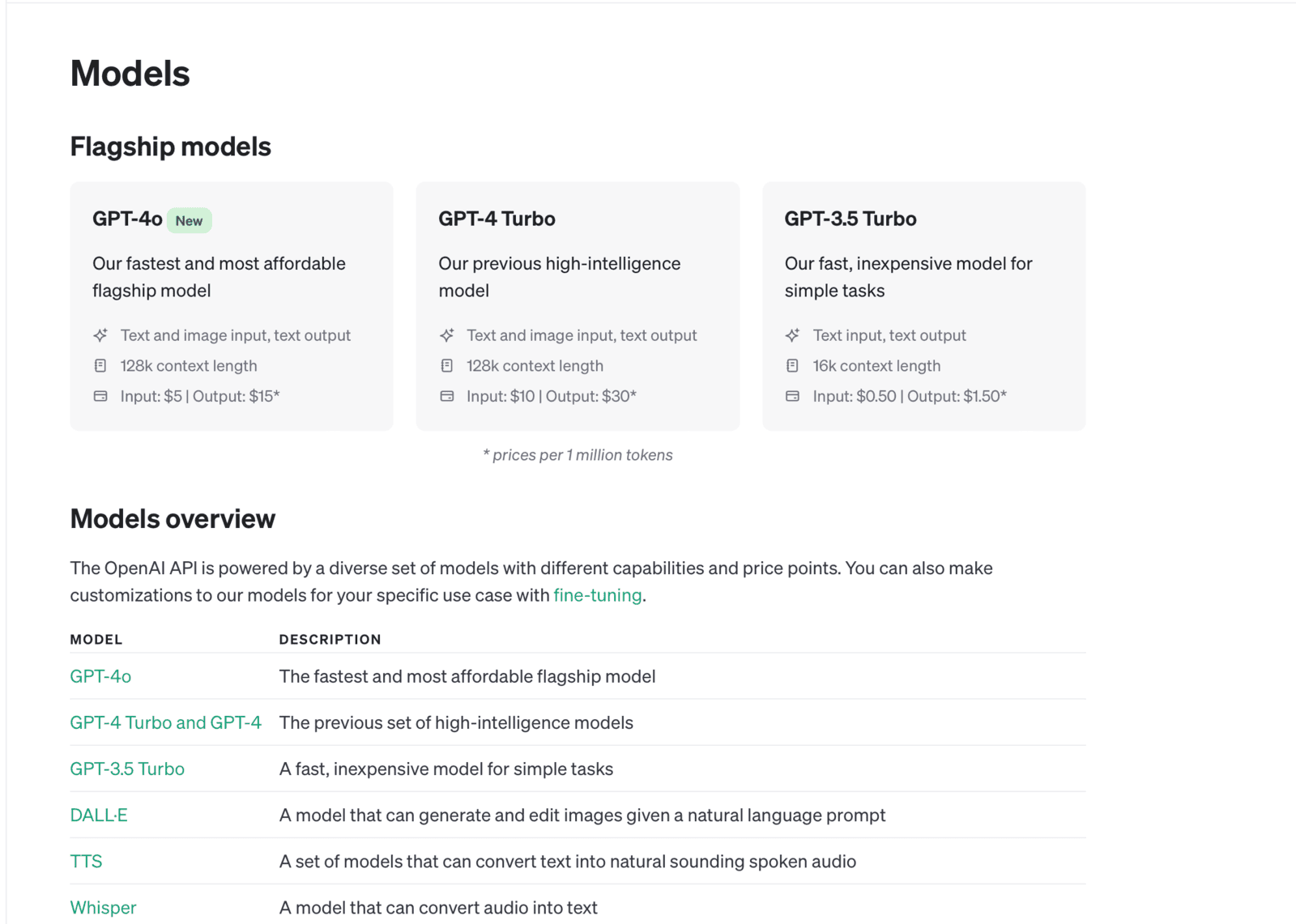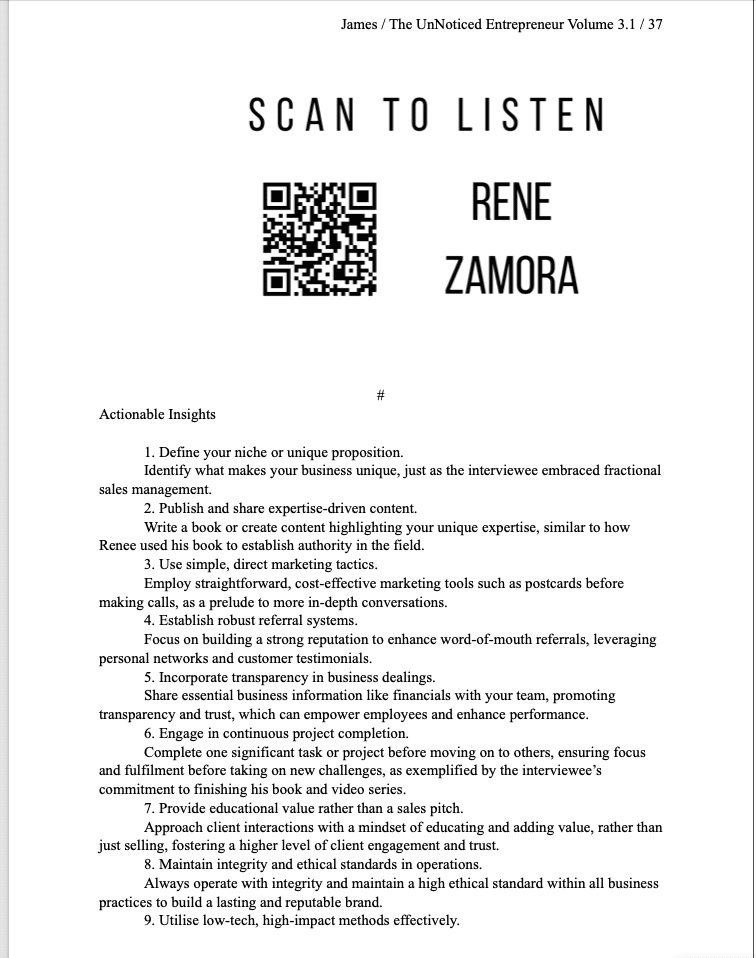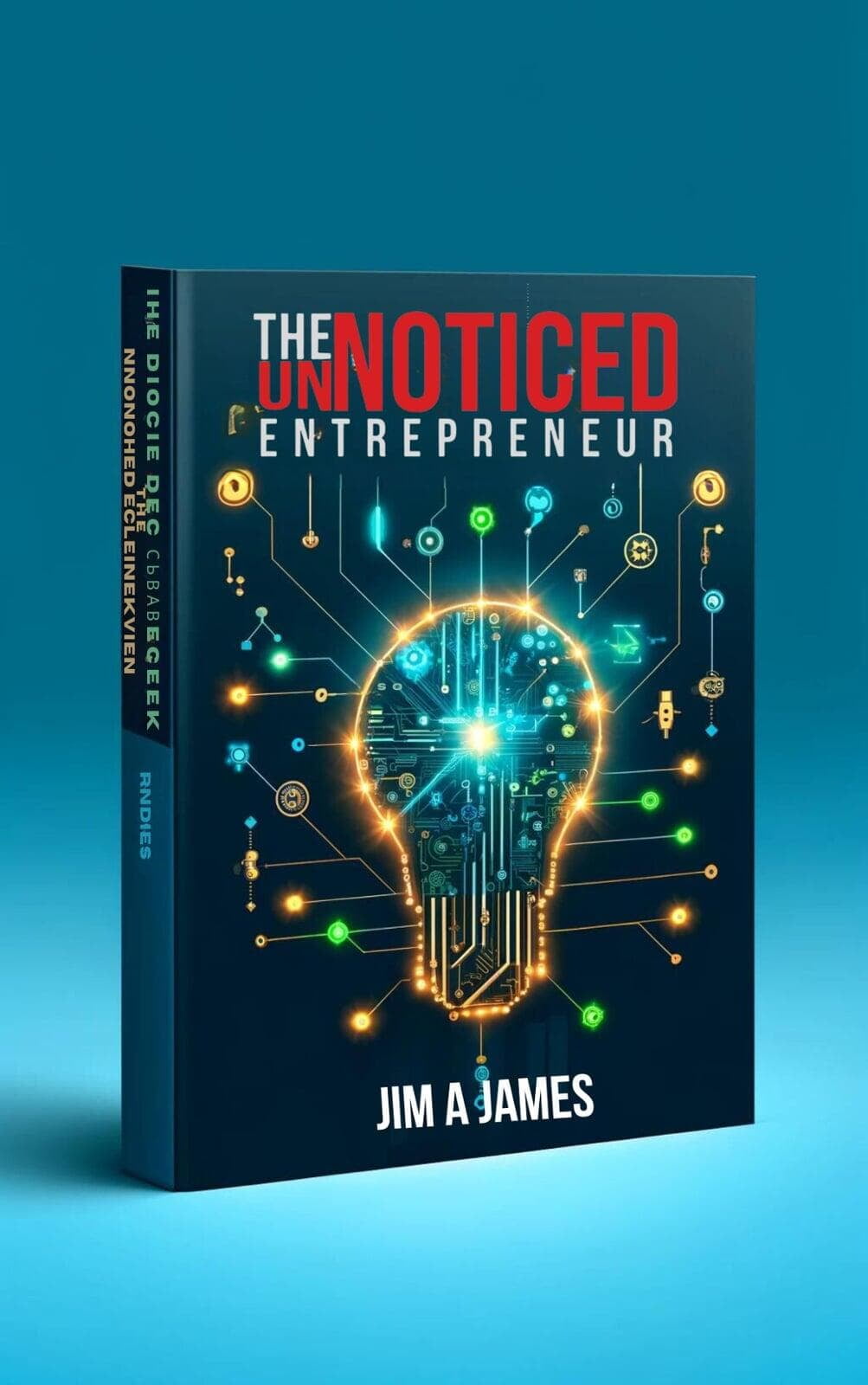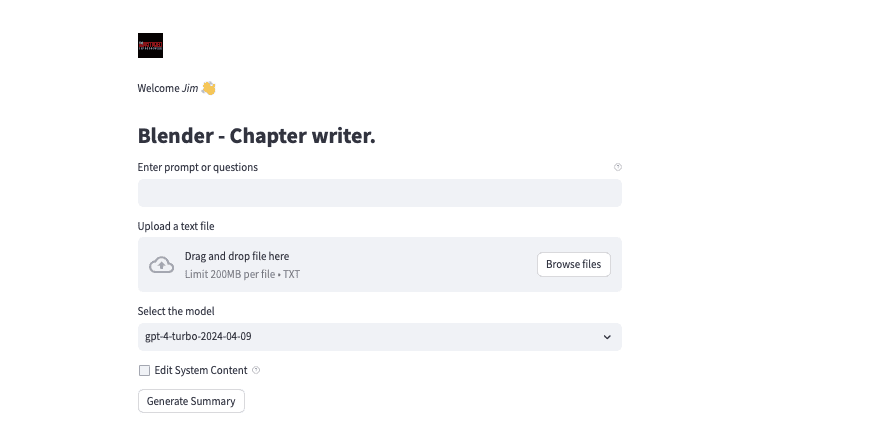How I used AI to write Volume 3 of The UnNoticed Entrepreneur

The Publishers told me that I had six weeks to deliver this book.
“No problem I replied.”
I could this. Or so I thought.
I took the transcripts of the 50 interviews and ran them through ChatGPT and found myself with 50 neat, equal-length articles. I was feeling so pleased with the process that I had my VA load them all to Dabble Writer, ready to output as a manuscript.
A quick export of the file, and I sent it to my sister and my father for reading.
I had been so determined to use the AI that I had ignored my own reservations about the content. I could tell the difference from the original interviews, but I wasn’t sure if anyone else could.
They were polite but not fooled. “It reads like you’ve used ChatGPT”, replied my sister Shelley. Sentences contained words that read well, but somehow didn’t quite carry the point. We had the gist of the conversation, but nuances had been paraphrased. My proof readers were sensitive enough to notice the absence of the human touch.
Undeterred, I spent hours writing custom prompts. I scoured the internet for how to be better at teaching the AI. The Guru’s were saying that you could do anything with AI – how hard could this be?
But still, I could only generate 600 – 700-word articles from 4,000 – 5,000-word transcripts. I was losing too much. In the well written abbreviations, the text was key points, erasing local dialect, removing turns of phrase, and most importantly the personality of the entrepreneur. Each time I hit ‘return’ I would have a similar but different article.
The AI was more like my big brown eyed beagle Binkie; wandering off at the slightest scent of something more interesting, and forgetting that it did something wrong.
With my deadline counting down, I was still determined to make AI my copy editor. On Upwork, I hired Sanjay, a student in Bangalore. He charged me $100 to make my very own writer. We opened an account with Anthropic and entered my credit card. Anthropic’s LLM [large language model] was writing better prose than Open AI. I really thought we were onto something. Early results were good, but the articles were only up to 700 words long. We could overcome this limitation on tokens [the way these APIs regulate usage] by breaking the transcript into multiple sub-sections.
All ready to press ahead, I logged in, or tried to…
“Your account is blocked due to violations of the usage policies.” Of course there is no customer service to call. Not even an AI bot!
How could a podcast transcript violate these hidden policies?
We had to find another option, and fast. But before work could start, we had to stop.
Power to Sanjay’s dorm was cut off for 5 hours…no internet, no work.
Back online, and just before he went into his engineering exam, he plugged in the Open AI API [application protocol interface] and I set my credit card to auto-recharge. Now, the number of queries I could make were unlimited.
Sensing victory, I playfully named my apps “Blender” and “Juicer.” One for the chapter and one for the actionable insights.

I had unlimited usage, my own API-level prompts …, and my 50 transcripts were all ready to go into my production process.
The plan was working…I was generating lots of content. But it was still like controlling an errant beagle. It was still wandering off in various directions, oblivious to it’s errors. Returning looking pleased with itself.
Sanjay and I re-wrote prompts, fiddled with the back end (such a lovely term), but I didn’t even send the articles to my astute review team.
I spoke with an American company pioneering long-form articles. Their first article render got us all excited. The second rendering left me puzzled. At the third render, I was disconsolate. The AI was teasing me once more. One article would be 90% perfect. We would enter a few sentences to refine the prompt, believing the second iteration would be like the first but with the 10% fixed. Instead, the second iteration was an entirely new article and only 75% right. I called it quits when, on the third attempt, the AI spelt the name of the entrepreneur wrong, having spelt it perfectly in the first two versions.
Wiley my publishers called me from New York. They were were concerned about the use of AI. They cautioned me about the rights of AI-generated content; it seems the jury is out on who can claim the royalties. More importantly, I didn’t want to let my entrepreneurs down, nor Brad and Jamie who agreed to take part in the book.
I owed it to everyone to make this book as good as humanly possible.
Running out of time, with the words of Shelley in my ears, I set out to edit all 50 interviews myself. This was over 150,000 words of raw scripts. Guess what – people don’t speak in written sentences. My guests have multiple accents, and in some cases, the transcripts look more like alphabet soup than an intelligent conversation between adults. We can’t just blame transcription software. Problems set in from low audio levels, poor diction, and sentences that are started but never finished.
How do I know that to be the case?
Some transcripts are way better than others. Some people speak more slowly, with greater precision, and use a proper microphone.
There is a lesson to learn here. For AI to be more accurate in their transcriptions, humans must be more precise in their delivery.

Whilst the AI is flawed in the creative process of the book, it was excellent in the information classification part. I used it to extract Actionable Insights from the interviews. If you don’t understand my curating of the conversation, then skip directly to the AI-generated insights.
Looking to generate an alphabetical list of books and podcasts? The days of adding them all to a spreadsheet and trying to sort by column are over. ChatGPT loves this.
Making a list of tech tools that need to be arranged into categories is another example of what ChatGPT is made for. But I had to game it first. The AI could only generate a list of using the limits of the tokens…which meant it omitted 70% of the list of apps. My work around was to do chain prompting. I asked ChapGPT to extract all the categories from the list. That was 16. Then I asked it to find the apps which fit into each category, filling one category at a time. It was slow but so much easier than writing these myself. A real bonus…I prompted it to add the URL so that you’d find the software more quickly.
At the risk of mixing my metaphors here, AI is an assistant, like a sous chef. It’s not taking over the cooking just yet. It can’t go out to buy the ingredients and doesn’t always chop the vegetables the same way. Sometimes, it gives you carrots when you ask for celery. You’ll get something, but don’t rely on it to be good enough to serve customers at the restaurant. [I thought of the metaphor myself btw].
Today, ChatGPT has just launched ChatGPT4o.* The updated model “is much faster” and improves “capabilities across text, vision, and audio,” OpenAI CTO Mira Murati said. It’ll be free for all users, and paid users will continue to “have up to five times the capacity limits” of free users.
Yipee! I wondered momentarily if I should tell the publishers I would try returning to AI to write this book?

I decided not to. I’ve enjoyed reconnecting with all the entrepreneurs who told me their stories. I’ve learnt so much by trying to paraphrase their words. I hope that you as the reader will feel as close to that person as I have been. More importantly, I believe that their lessons told in their own words will make them resonate more deeply, will help you to take these to heart.
Relying on AI would have robbed me of the valuable lessons I have learned. The process can be how we learn. Letting AI take over the process may be quicker in the short term, but weakens us over time.
AI also removes the authenticity of the work.
As you read this book, you’ll see the word ‘authenticity’ appear many times in the stories of our entrepreneurs.
In this age of AI, the entrepreneur who remains authentic will get noticed.
Stay Tuned - The book will be out in Q4 2024!



